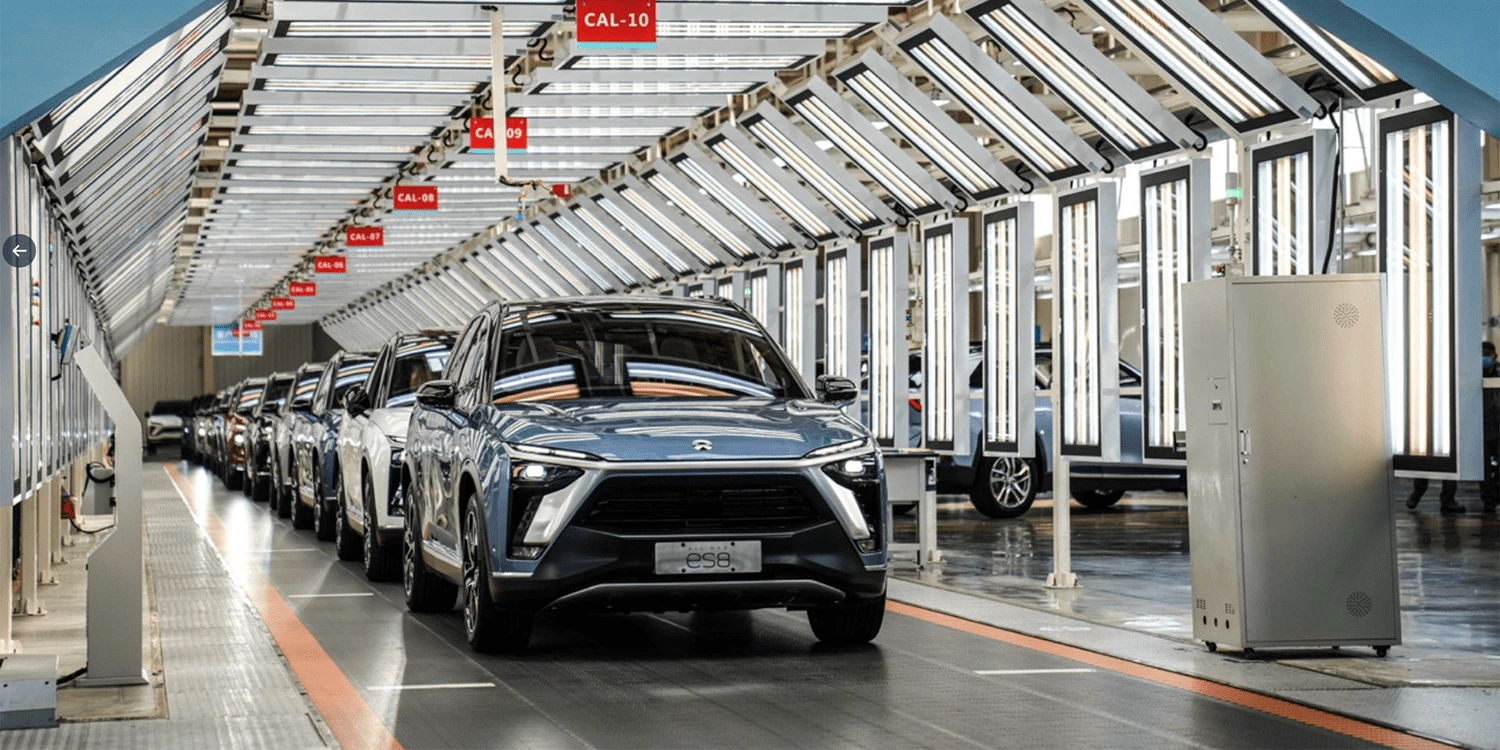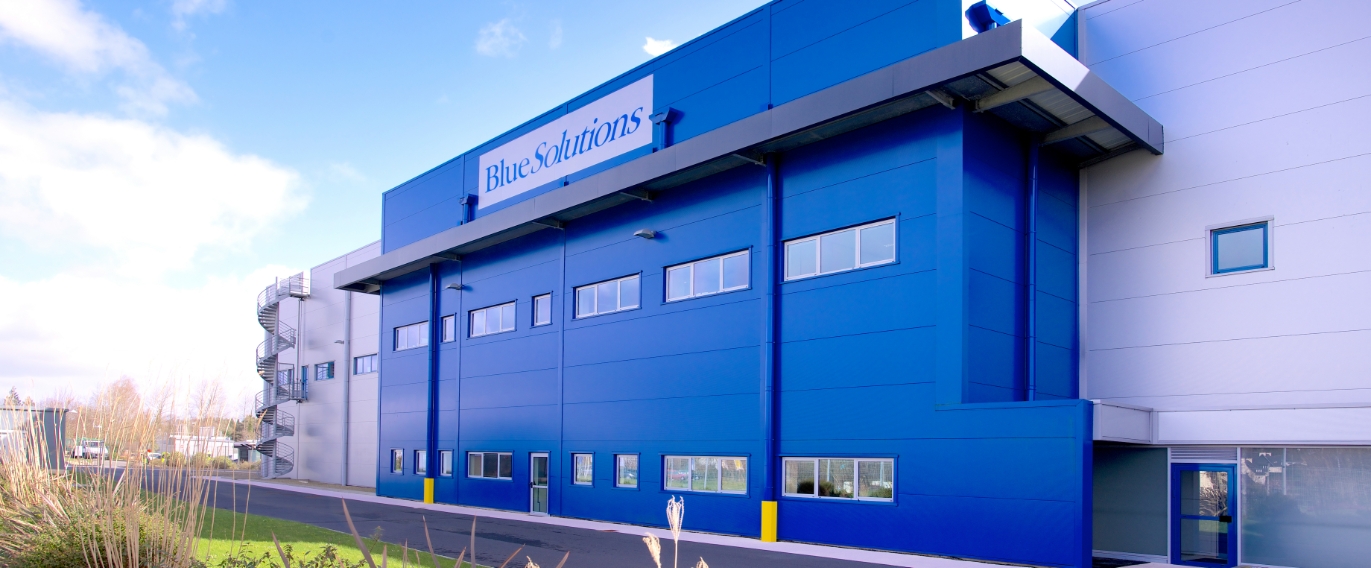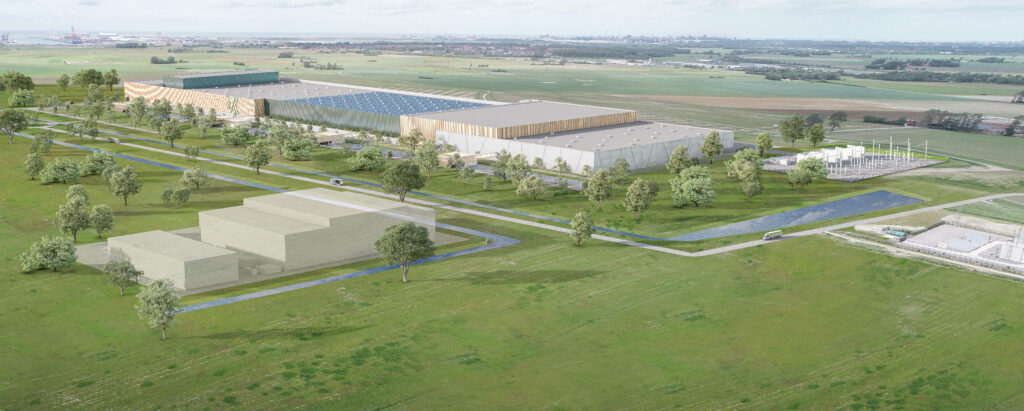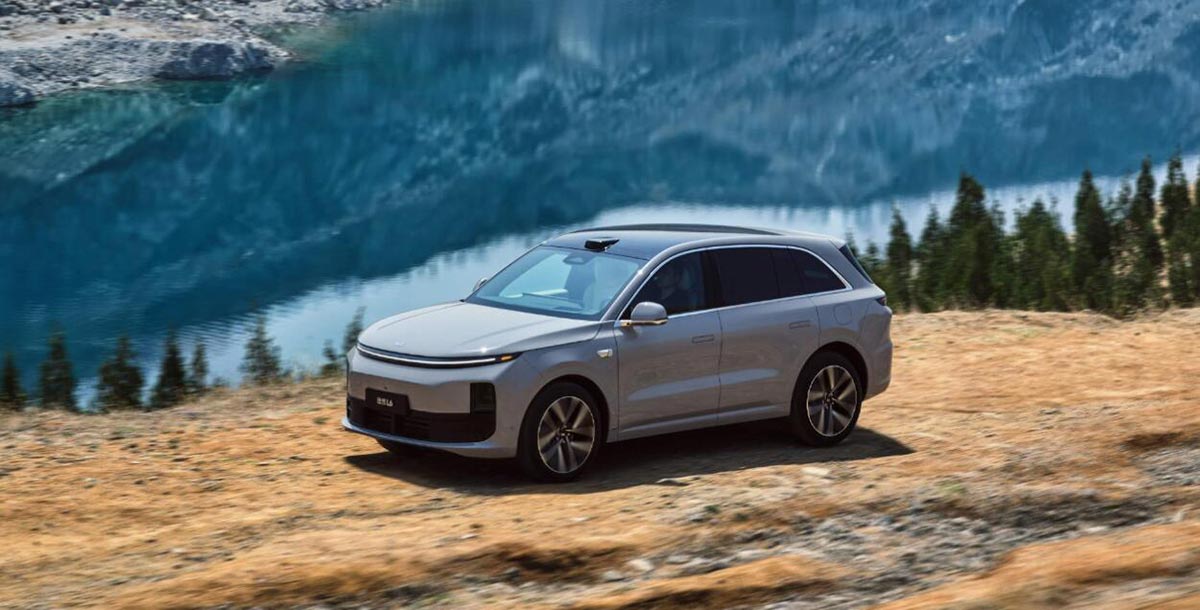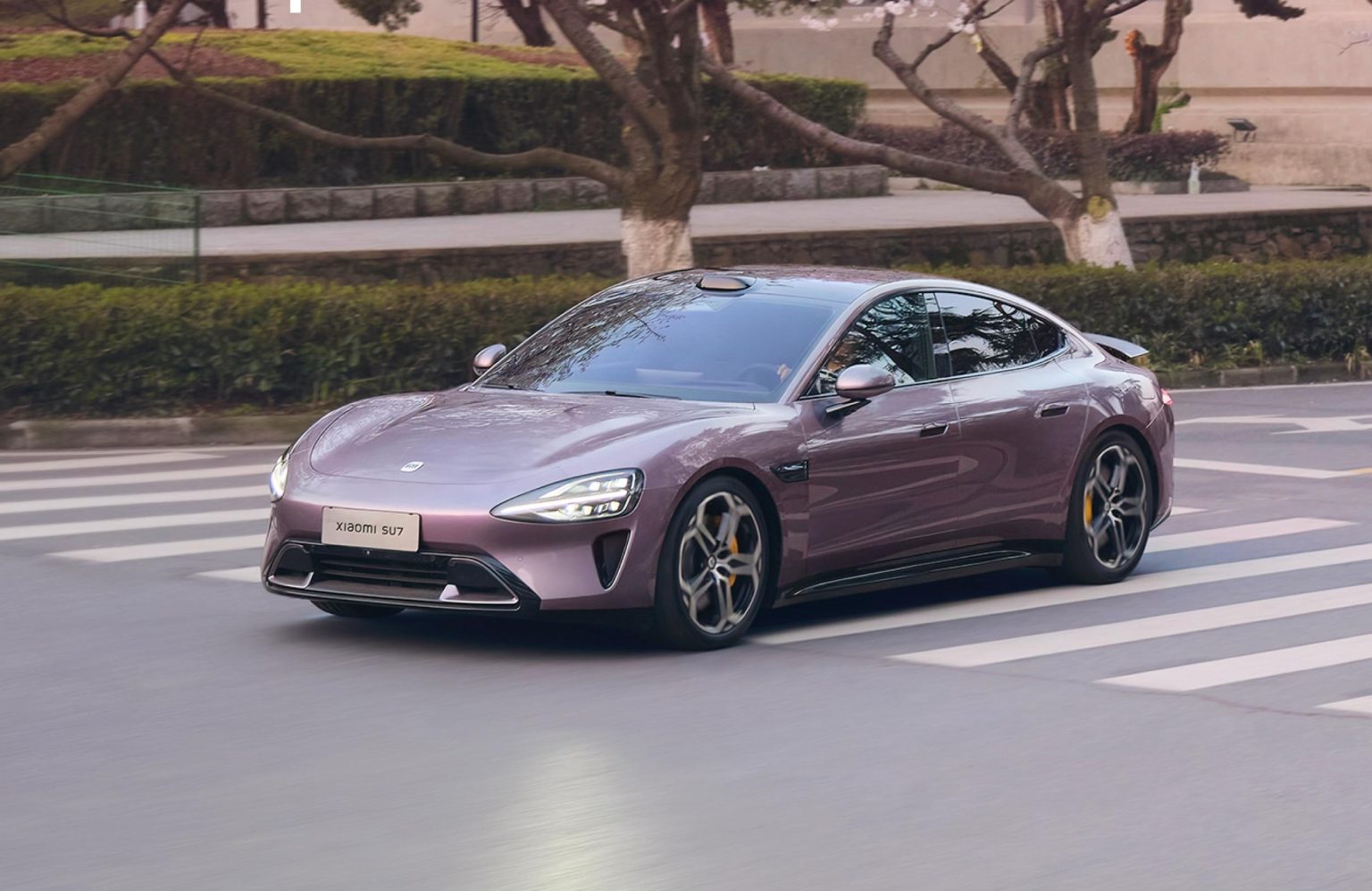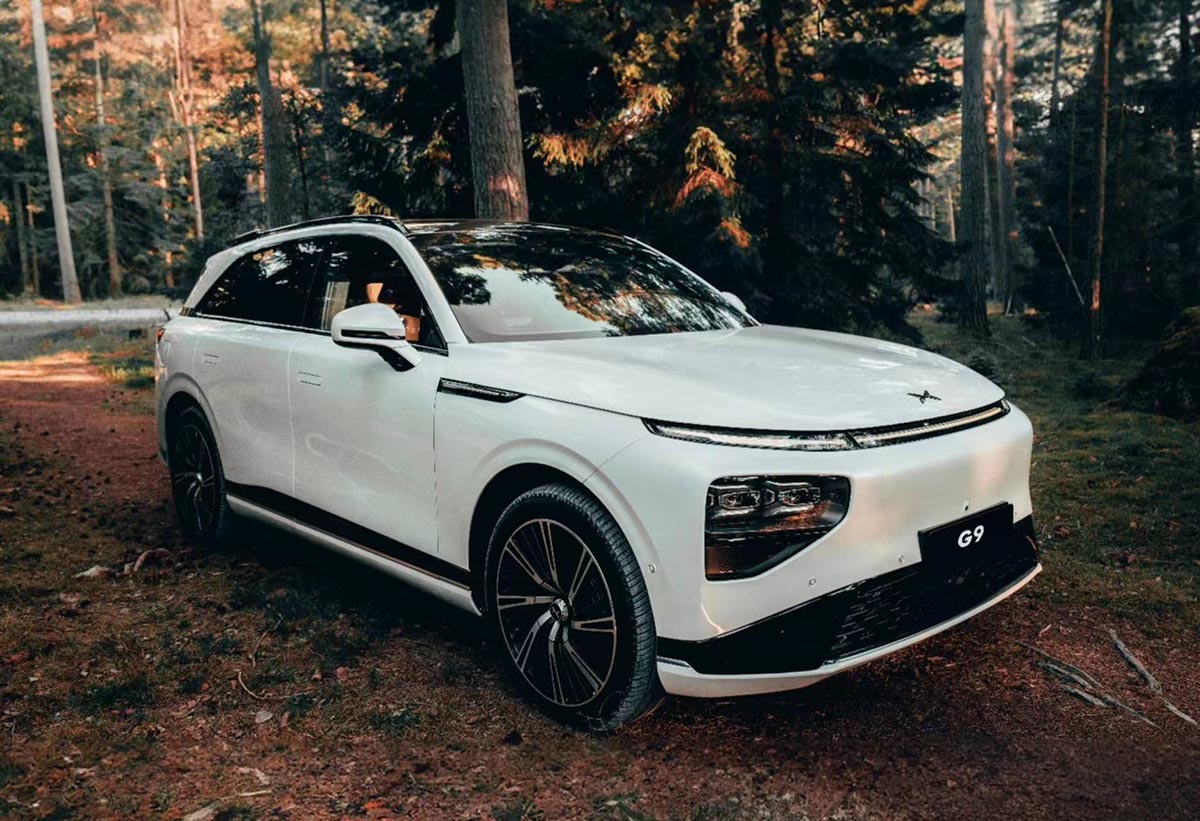In a bid to retain its leadership in the next generation of electric vehicles (EVs) powered by solid-state batteries, China is providing significant financial support to local companies. The government will be offering over $800 million in research and supply chain grants to the world’s largest battery manufacturers for the development and production of solid-state batteries.
Solid-state batteries are seen as the next evolution in EV battery technology, offering higher energy density, improved safety, and faster charging compared to current lithium batteries. China’s robust R&D subsidy program has identified several companies at various stages of solid-state battery development and production.
Among the beneficiaries are renowned EV battery makers CATL and BYD, as well as startups like WeLion, which is already producing a 150 kWh pack with semi-solid-state electrolyte used in NIO’s electric cars.
China’s strategic focus on electric vehicles and batteries over the past decade has led to superior production rates and cost efficiency, making it a global price leader in the industry. Now, the government aims to maintain this competitive edge by heavily investing in solid-state batteries.
The subsidy program for solid-state battery research has no restrictions, allowing companies like CATL, BYD, FAW, SAIC, WeLion, and Geely to explore various technologies for mass-market adoption of solid-state cells.
Government ministries responsible for allocating the $830 million in research grants have identified seven categories where private companies can receive support for their solid-state battery efforts. These categories encompass both established sulfide and polymer electrolyte methods, showcasing China’s commitment to investing in diverse technologies to expedite their entry into the mass electric car market.
China’s proactive stance has even influenced CATL, the world’s largest battery maker, to refocus its efforts on solid-state battery development. Previously skeptical about the technology, CATL is now aiming to bring solid-state batteries to market by 2027, much earlier than its initial target of 2030. The company has allocated resources to achieve an energy density of 500 Wh/kg by the time Toyota launches its solid-state battery vehicles.
China’s substantial investment in solid-state batteries reflects its determination to remain at the forefront of the electric vehicle revolution, ensuring its continued dominance in the global EV market.

